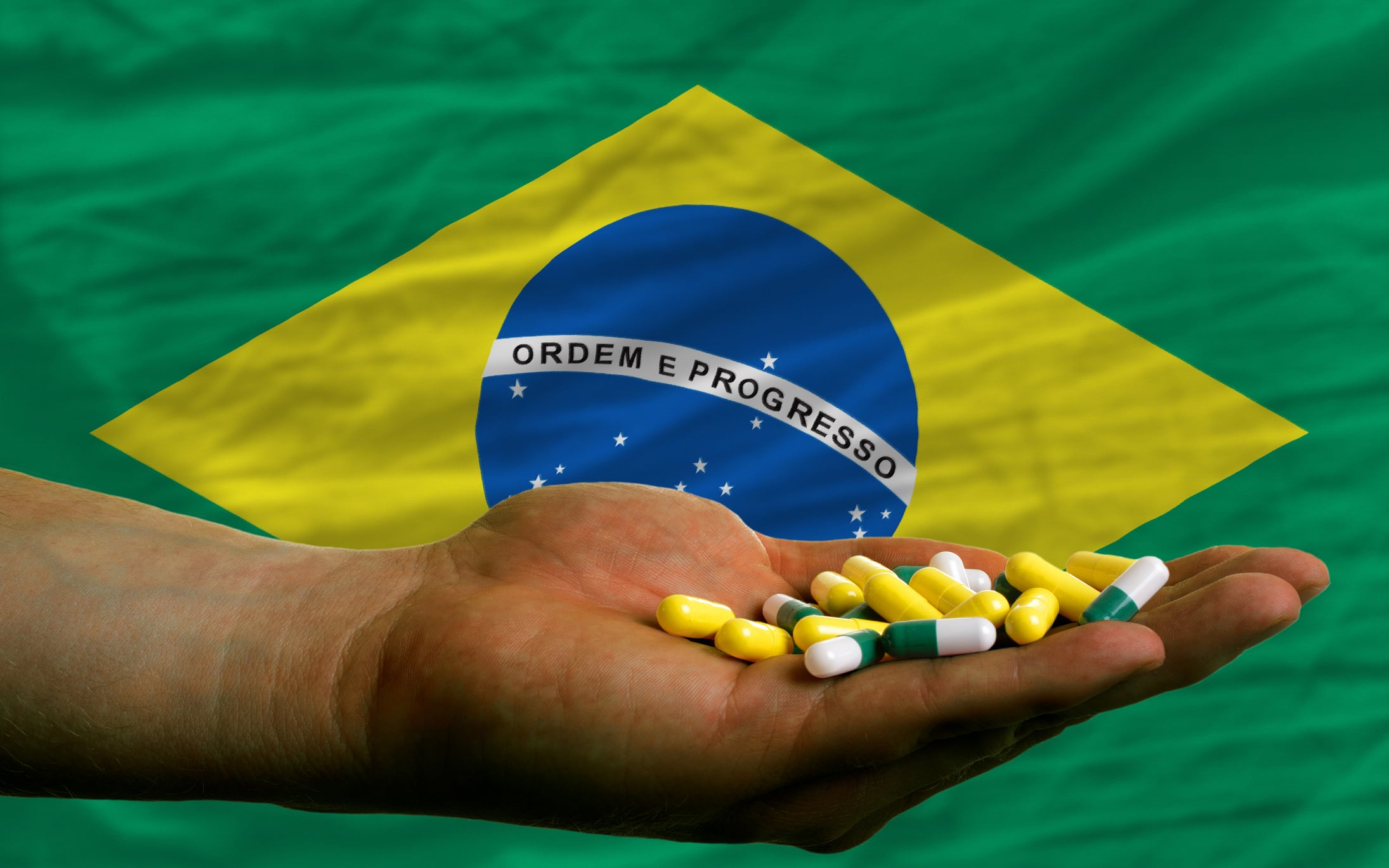ANVISA introduced the regulatory framework in July last year, after around 10 years of consideration, creating for the first time a distinct category for dietary supplements.
Its latest guidance on this framework - The 4th Edition Guidance Document - features more than 150 question and answers on various topics, including regulatory process, composition rules, probiotics, and labeling rules, among others. Specifically, this edition now addresses:
– therapeutic indications and authorized claims for dietary supplements
– the use of starch as a diluent
– permitted fish oil sources
– the association of amino acids in supplements
– calculations to estimate the quantity of nutrients in supplements, specifically upper limits for vitamin A
– the denomination of supplements
– nutrition labeling, specifically details around daily values
– use of the term 'thermogenic'
– alert phrases for pregnant women, nursing mothers and children under 3 years
– codes and claims for probiotics
– use of cryoprotectants in probiotics
“For ANVISA, the publication of this instrument strengthens the agency's commitment to the regulatory quality of its actions,” the agency said. “...The material should guide and assist supplement companies, as well as the organs of the National Health Surveillance System (SNVS), in the implementation and inspection of the regulations in force on the subject.”
ANVISA said the guidance document was “an informative, non-regulatory, non-binding instrument designed solely to clarify doubts”.
'Constant assessment' will be important

Juan Pablo Waimann, executive director of the trade association Latin American Alliance for Responsible Nutrition Alliance (ALANUR), said it was a good idea.
“I believe it is an initiative in the right direction that will help the regulated sector to better understand how to fully apply the new rules, reduce time in their interpretation and decrease the need for constant contact with ANVISA officials in order to obtain clarification,” Waimann told NutraIngredients-LATAM.
Whilst initial understanding of the regulations might not be problematic, he said “constant assessment” would ensure they worked in “the reality of the market” and whether they accomplished the initial goals behind their introduction.
“I consider it essential for regulatory agencies to continuously assist the private sector to understand the rules being created. That way, a more cooperative approach to the enforcement of such rules can be facilitated, increasing then levels of compliance along the way,” he said.
Following the latest guidance publication, ANVISA said industry could continue to submit any questions it had; these would then be incorporated accordingly.
Regulation in Brazil
ANVISA said introducing the regulatory framework last year had “reduced the information gap” in the market, “especially in the submission of claims without scientific evidence”.
In addition, the regulations reduced obstacles to commercialize products and innovate in the sector, it said.
Industry consultant David Pineda Ereño previously told NutraIngredients-LATAM the regulation of dietary supplements in Brazil was a “huge breakthrough” that would “make life easier for everybody”, particularly given the level of potential in such a large market.



